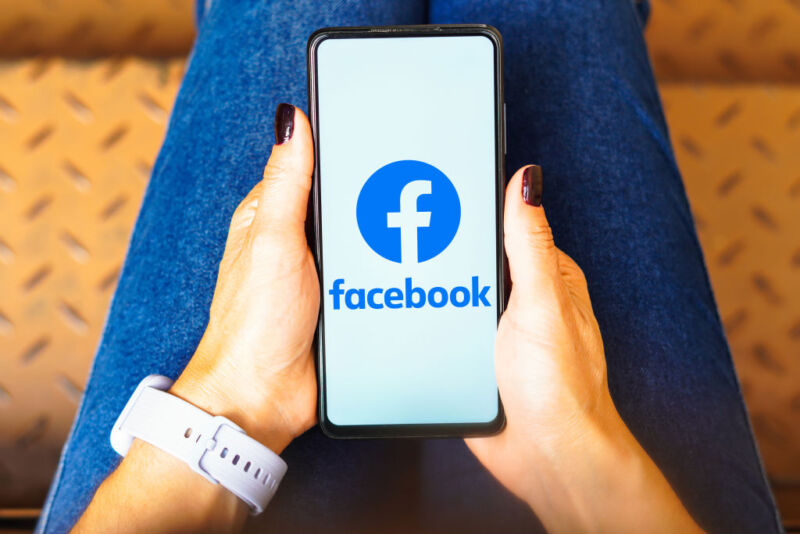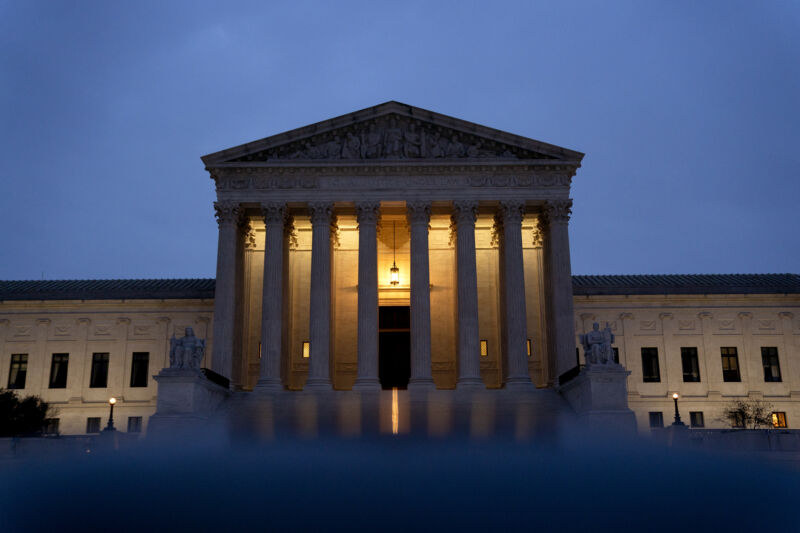-
 chevron_right
chevron_right
Exclusive: X violated its own policy by blocking First Amendment group’s ads
news.movim.eu / ArsTechnica · Thursday, 31 August, 2023 - 15:22

Enlarge (credit: NurPhoto / Contributor | NurPhoto )
X, formerly known as Twitter, spent the summer hastily rebranding and vying to win advertisers back , but at least one advertiser was shocked when X swiftly rejected its ads after deciding to return to X.
A nonpartisan nonprofit, the Freedom Forum, told Ars that last week it discovered that its X ads were being arbitrarily blocked after attempting to advertise an educational, family-friendly festival that celebrates the First Amendment.
The group assumed the ads were blocked in error, so it reached out to X six different times, and at various times, X's rationale for blocking the ad changed.








